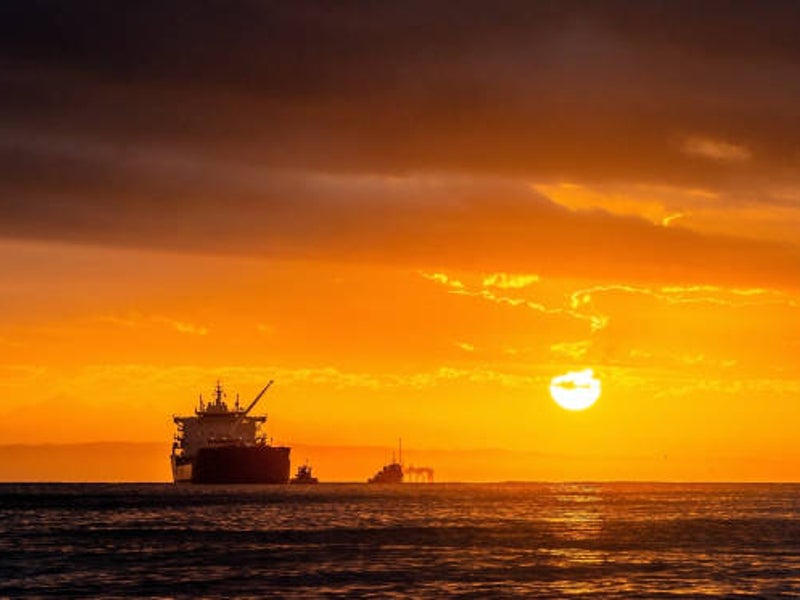
Australian-listed upstream oil and gas company Invictus Energy has started drilling its first exploration well in the northern regions of Zimbabwe in partnership with the government.
The first well, Mukuyu-1, is 3.5km deep and would cost $16m, according to Paul Chimbodza, managing director of the Australian company’s local subsidiary Geo Associates.
Zimbabwe’s President, Emmerson Mnangagwa, has stated that the government is excited about the potential discovery of oil and gas in Zimbabwe because it will improve its power supply and economy.
He said the untapped oil and gas deposits could present “competitive investment opportunities”.
In 2016, Zimbabwe exported $19,400 worth of petroleum gas and imported $33.2m in 2020, primarily from South Africa ($25.7m), highlighting its reliance on foreign gas.
Invictus has been prospecting for oil and gas deposits in the Cabora Bassa and Zambezi basins for the past four years.
How well do you really know your competitors?
Access the most comprehensive Company Profiles on the market, powered by GlobalData. Save hours of research. Gain competitive edge.

Thank you!
Your download email will arrive shortly
Not ready to buy yet? Download a free sample
We are confident about the unique quality of our Company Profiles. However, we want you to make the most beneficial decision for your business, so we offer a free sample that you can download by submitting the below form
By GlobalDataAccording to Chimbodza, the drilling phase will determine resource availability and deposit quality. He stated that there were some delays in the project due to logistical issues but that these had not caused “serious problems”.
The company plans to construct a gas-to-power facility to supply the national grid, which is an attractive proposition considering Zimbabwe’s power shortages.
Zimbabwe has struggled for years with the crippling deficit, generating approximately 1,300MW against peak demand estimated at approximately 2,00 MW.
Due to outdated equipment and frequent breakdowns at power plants, the installed generating capacity of 2,240MW cannot be utilised.
Meanwhile, environmentalists are concerned that pipeline construction will cause forced displacement and harm vegetation and animal habitats.
“When the project gets into full swing, we expect serious environmental damage,” said Farai Maguwu, the Centre for Natural Resource Governance founder.



